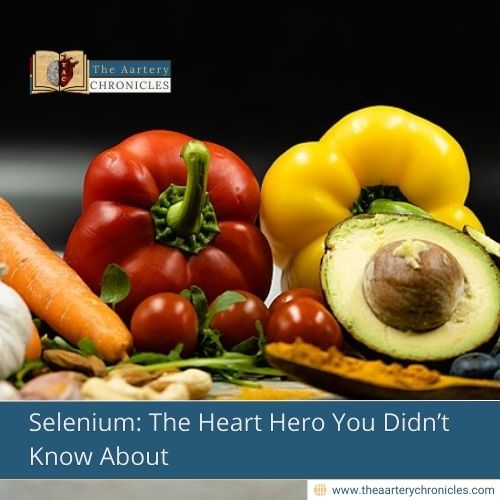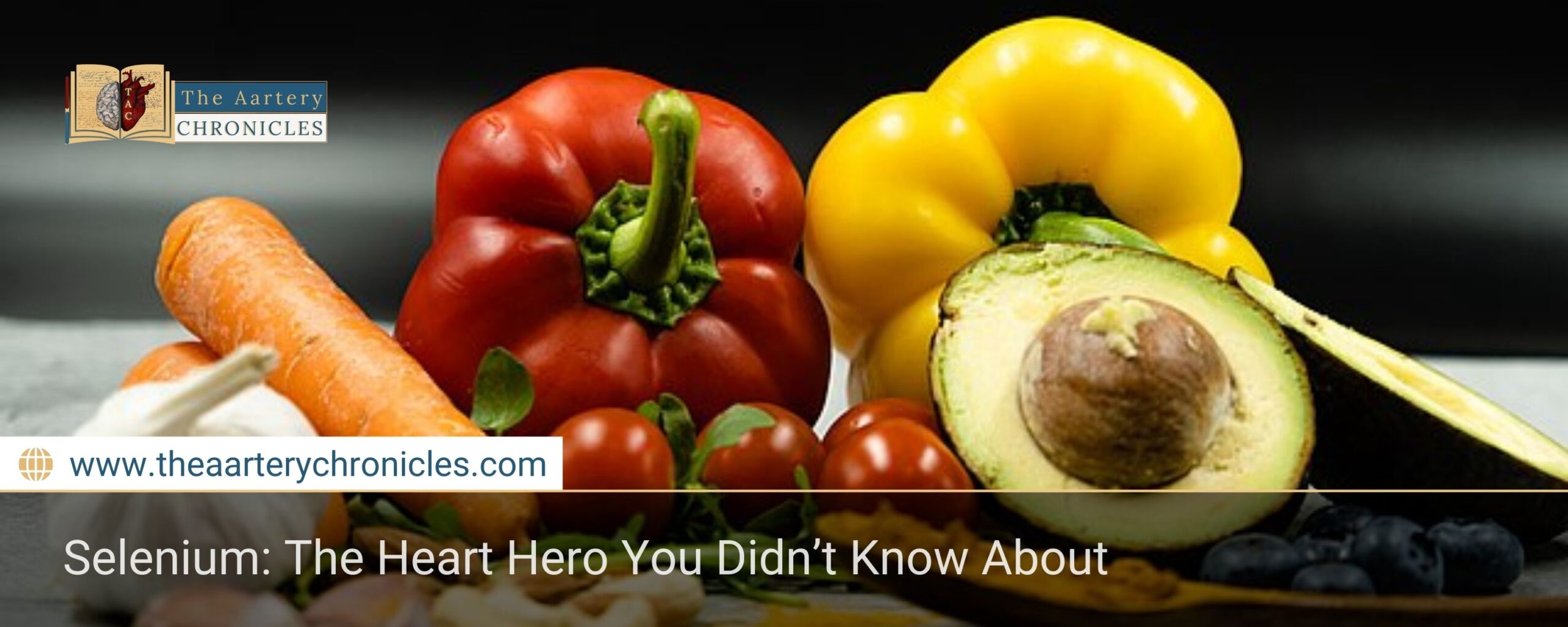

Selenium: The Heart Hero You Didn’t Know About
A recent study published in Scientific Reports has found that selenium, a lesser-known but essential nutrient, can help reduce the risk of heart attacks and strokes by at least 16%. Including selenium-rich foods in your daily diet may be a simple yet effective way to support your heart.
What Is Selenium and Why Does It Matter?
Selenium is a trace mineral that your body needs in small amounts, but it plays a big role in your overall health—especially your heart health. While most people get selenium through their diet, it’s important to know which foods are rich in this nutrient.
Selenium is found in nuts, fish, meats, dairy, and certain vegetables. It acts as an antioxidant, helping to reduce inflammation and protect your heart and blood vessels.
How Selenium Supports Heart Health
According to the study, people who consume moderate to high levels of selenium through their food are less likely to suffer from heart-related conditions. The researchers discovered that taking around 135 micrograms of selenium per day offers the most protective effect.
Here’s what moderate selenium intake can reduce the risk of:
- Coronary heart disease: by 20%
- Congestive heart failure: by 30%
- Heart attacks: by 25%
- Chest pain (angina): by 30%
For stroke prevention specifically, about 100 micrograms per day seems to be beneficial. However, taking too much selenium doesn’t give more benefits and could even be harmful.
How Much Selenium Should You Take?
The recommended daily amount (RDA) of selenium for most healthy adults is 55 micrograms. However, the maximum safe limit is 400 micrograms per day. Going beyond this can lead to health issues rather than benefits.
So, while selenium is great for your heart, it’s important to not overdo it. Focus on getting it naturally from food rather than high-dose supplements unless advised by a healthcare provider.
Foods Naturally Rich in Selenium
- Brazil nuts (one or two nuts are often enough for the day)
- Seafood like tuna, sardines, and shrimp
- Organ meats, such as liver
- Eggs
- Whole grains, including brown rice and whole-wheat bread
- Sunflower seeds
- Mushrooms
- Spinach
- Poultry, like chicken and turkey
- Dairy products, including milk, cheese, and yogurt
Conclusion
Selenium may not be the first nutrient that comes to mind when you think of heart health, but it plays a powerful role. By eating selenium-rich foods in balanced amounts, you can naturally support your heart and reduce your risk of major heart issues.
Before making major changes to your diet or taking supplements, it’s always best to consult a healthcare provider.
Source: Inputs from various media Sources

Priya Bairagi
Reviewed by Dr Aarti Nehra (MBBS, MMST)
I’m a pharmacist with a strong background in health sciences. I hold a BSc from Delhi University and a pharmacy degree from PDM University. I write articles and daily health news while interviewing doctors to bring you the latest insights. In my free time, you’ll find me at the gym or lost in a sci-fi novel.








